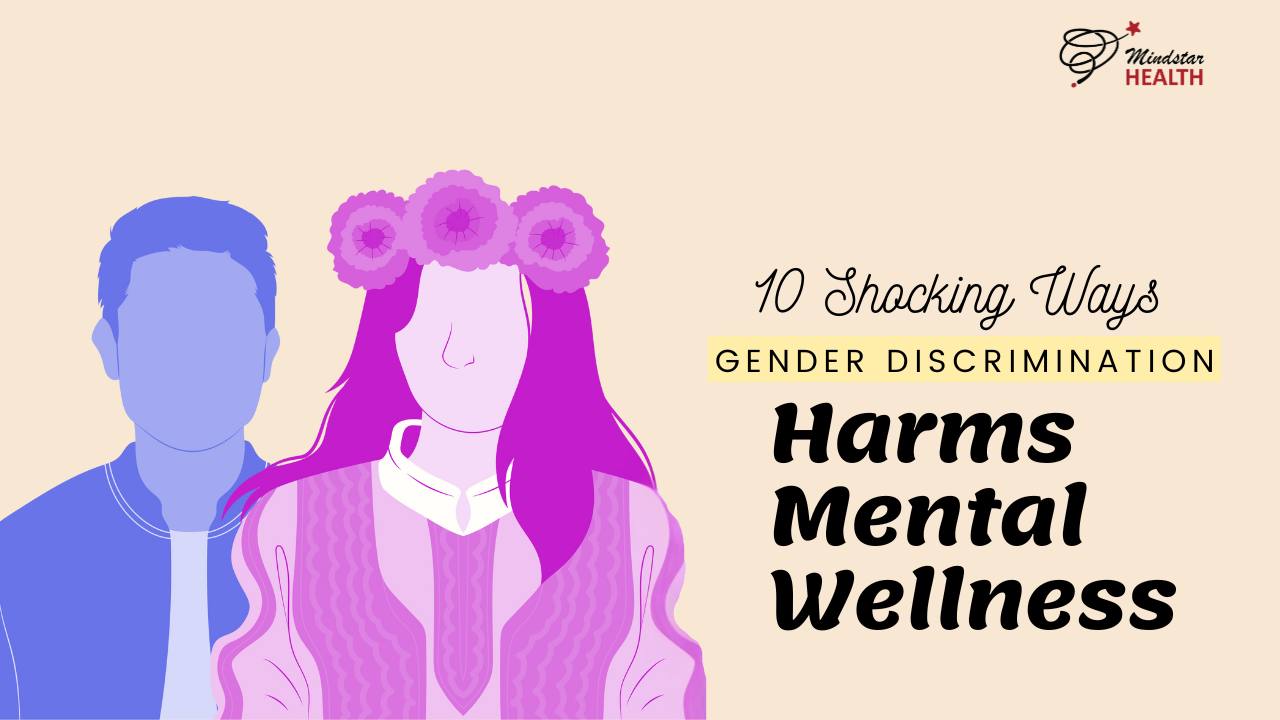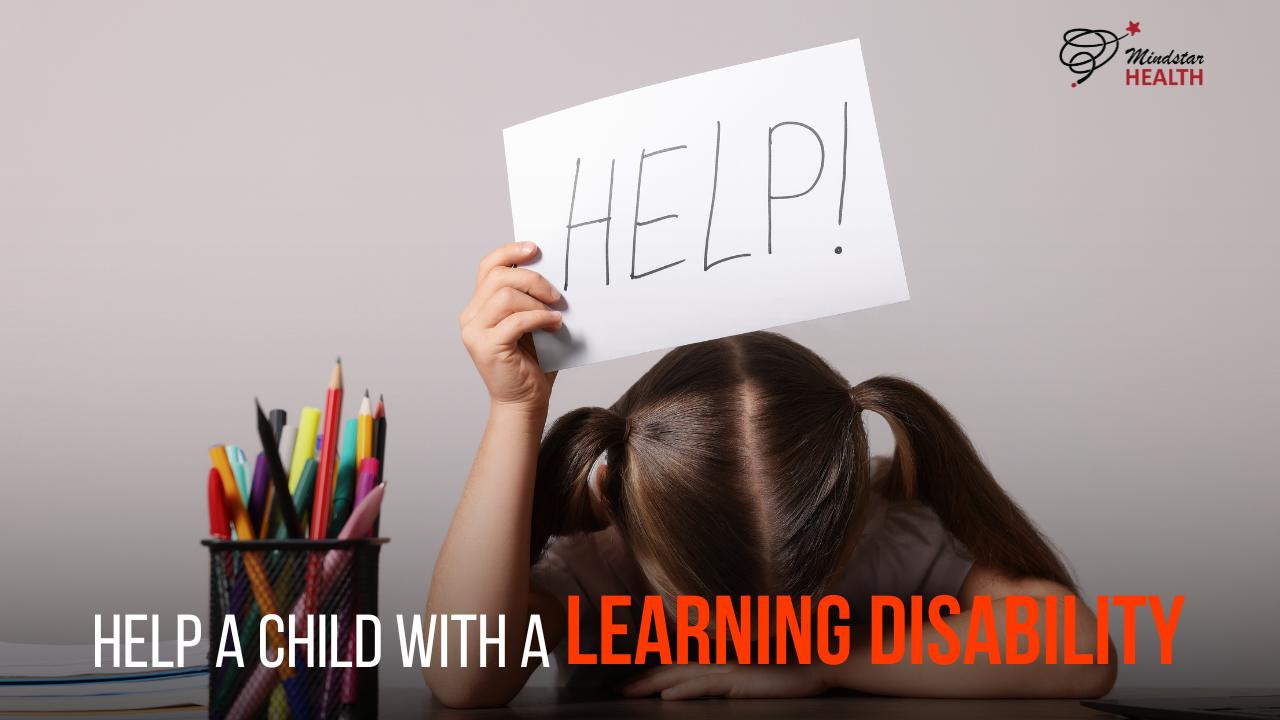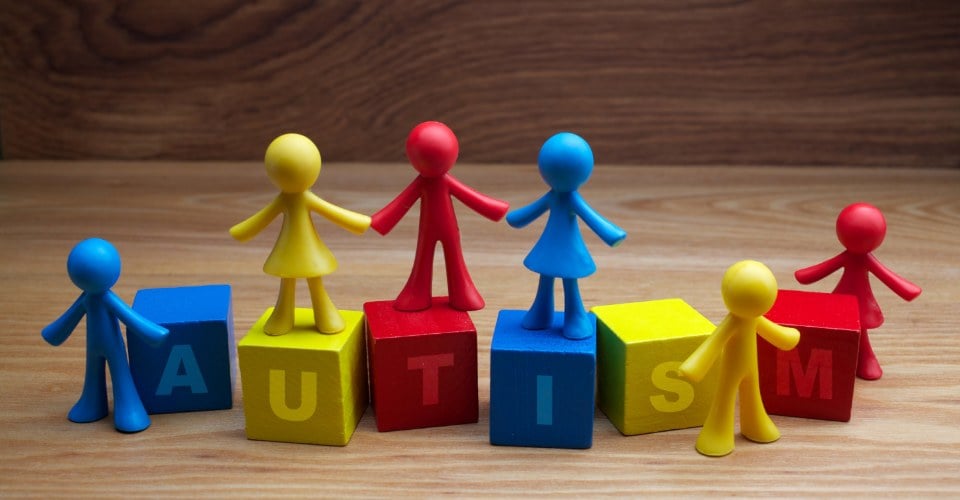The new year brings a sense of renewal for many of us, and for those in recovery, it offers an opportunity to build new habits, reaffirm recovery goals, and lay a foundation for long-lasting mental wellness. At this pivotal time, forming Recovery Resolutions can serve as a guide to navigate the challenges and celebrate the triumphs of sobriety, resilience, and personal growth.
Recovery is not a linear path; there will be obstacles along the way, but the new year serves as a reminder that we are capable of achieving our goals, even in the face of adversity. Whether you’re striving to maintain sobriety, strengthen your mental health, or improve your overall well-being, the journey begins with setting realistic and attainable resolutions.
Recovery Resolutions: A Path to Healing
As we enter the new year, forming recovery resolutions is an essential step in the healing process. The beginning of a new year offers us a fresh opportunity to set meaningful goals that guide our recovery journey. Redemption Resolutions provide a framework for growth, stability, and personal development, allowing us to foster mental wellness, build resilience, and achieve lasting personal growth. By setting clear and attainable goals, we can stay motivated and focused on the path to long-term recovery.
Focus on Mental Wellness
Mental wellness is a cornerstone of successful recovery. Addressing mental health issues, such as managing anxiety, depression, or past trauma, is essential to building a solid foundation for recovery. Studies have shown that individuals with a strong focus on mental wellness have higher chances of maintaining long-term sobriety. According to the National Institute on Drug Abuse (NIDA), nearly half of people with substance use disorders also experience mental health conditions. Therefore, integrating mental wellness into your recovery resolutions can make a significant impact on your healing process.
Practical steps to incorporate mental wellness into your recovery resolutions:
- Practice mindfulness and meditation: These tools help reduce stress and increase emotional regulation.
- Seek therapy or counseling: Professional support can help you address underlying mental health concerns.
- Engage in self-care routines: Take time each day to focus on activities that promote relaxation and well-being, such as taking walks or reading.
By prioritizing mental wellness, we can reduce the risk of relapse and build a healthier, more balanced lifestyle.
Resilience Building in Recovery
One of the key elements of successful recovery is developing resilience. Resilience is the ability to bounce back from setbacks and challenges, which are inevitable parts of any recovery journey. Building resilience involves changing how we view and respond to obstacles. Instead of seeing setbacks as failures, we can view them as learning opportunities that bring us closer to our ultimate recovery goals.
According to a study published in Psychiatry Research, individuals who develop resilience during recovery are better equipped to handle stress, avoid relapse, and improve their overall quality of life. By strengthening our ability to adapt and persevere, we become more confident in our ability to maintain sobriety, even in the face of adversity.
Effective ways to build resilience in recovery:
- Set small, achievable goals: Achieving smaller, incremental goals helps build confidence and keeps you motivated.
- Embrace positive self-talk: Challenge negative thoughts and replace them with affirmations of strength and perseverance.
- Learn coping strategies: Whether through therapy or self-help resources, mastering coping techniques helps build mental toughness.
Resilience building can empower you to approach recovery with confidence and determination.
Personal Growth: Stepping Toward a Better Future
Personal growth is an essential aspect of recovery that should not be overlooked. It’s not just about staying sober; it’s about becoming the best version of yourself. Each small step you take toward personal development has the potential to create lasting positive changes in your life. Healing resolutions related to personal growth can help you discover new passions, learn valuable skills, and foster deeper relationships with others.
How to integrate personal growth into your recovery resolutions:
- Explore new hobbies: Engage in activities that bring joy, whether it’s painting, cooking, or learning a musical instrument.
- Focus on building healthy relationships: Surround yourself with people who encourage your growth and support your sobriety.
- Invest in education or self-improvement: Consider taking a course, reading books, or setting new career goals that align with your values.
By taking active steps to nurture your personal growth, you can create a fulfilling and purpose-driven life that extends beyond recovery.
Setting SMART Recovery Goals
Incorporating SMART goals into your recovery resolutions can help make them more structured and achievable. SMART stands for Specific, Measurable, Achievable, Relevant, and Time-bound. When setting recovery goals, be sure to:
- Be Specific: Clearly define what you want to achieve in your recovery journey.
- Make it Measurable: Track your progress to stay motivated.
- Ensure it’s Achievable: Set goals that are realistic based on your current situation.
- Keep it Relevant: Choose goals that align with your values and long-term recovery.
- Set a Time-frame: Create a timeline to accomplish your goals, making it easier to stay on track.
Using the SMART method can help you focus on what truly matters and ensure that your resolutions lead to tangible progress.
Recovery Resolutions are more than just a list of goals; they represent a commitment to personal healing, mental wellness, and long-term success. By focusing on building resilience, nurturing personal growth, and taking care of your mental health, you can create a strong foundation for a fulfilling life in recovery.
The new year offers a fresh opportunity to renew your commitment to recovery. By setting thoughtful and achievable regaining resolutions, you can make significant progress toward building a healthy, sober life. Focus on mental wellness, resilience building, and personal growth to ensure that your recovery journey continues to move forward with purpose and intention. Let 2024 be the year of growth, healing, and lasting change.
7 Key Recovery Resolutions to Form This Year
1. Engage in Hobbies That Promote Joy
Starting new hobbies is an effective way to distract from old patterns of behavior and channel energy into positive activities. According to the National Institute on Drug Abuse (NIDA), engaging in creative activities can provide mental stimulation and reduce the likelihood of relapse. Hobbies not only help keep the mind occupied but also foster a sense of accomplishment and personal growth.
By discovering new interests, we can build healthier habits and enrich our lives. Consider exploring:
- Journaling: A therapeutic activity that allows you to express your thoughts, track progress, and improve self-awareness. Writing can also enhance mental wellness by reducing stress and promoting mindfulness.
- Playing Music: Learning a new instrument or enhancing musical skills helps improve cognitive function and emotional expression. Music has been shown to reduce anxiety, lower blood pressure, and enhance overall well-being.
- Learning a New Language: This hobby not only sharpens the mind but also opens doors to new cultures and perspectives, further supporting personal growth and building resilience. Studies show that learning a second language improves brain function and emotional intelligence.
Starting with these activities helps integrate joy and productivity into the recovery process. Exploring new hobbies can also promote a sense of achievement, reinforcing positive changes and moving closer to your recovery goals.
2. Stay Active and Commit to Exercise
Exercise is an essential part of maintaining mental wellness and achieving recovery goals. Regular physical activity has been shown to positively impact both the body and mind, helping individuals in recovery build resilience and achieve long-term personal growth. Studies have demonstrated that exercise can lower stress levels, boost mood, and enhance sleep, all of which are vital components of the recovery process.
Benefits of Exercise in Recovery:
- Boosts Mood: Exercise releases endorphins, which are known as “feel-good” hormones. According to the Mayo Clinic, regular exercise can significantly reduce symptoms of anxiety and depression, which are common challenges faced during recovery.
- Reduces Stress: Physical activity helps manage stress by lowering cortisol levels in the body. This is especially important for individuals in recovery who may face stressors that could trigger relapse.
- Improves Sleep Quality: The National Sleep Foundation notes that exercise can help regulate sleep patterns, improving both the quality and duration of sleep. Getting enough rest is crucial for emotional stability and cognitive function during recovery.
Exercise Tips for Building Resilience:
- Start with light activities like walking or yoga, and gradually increase intensity as your body adapts.
- Aim for at least 30 minutes of exercise a few times a week to experience the full benefits.
- Choose activities you enjoy, such as dancing, swimming, or hiking, to make exercise a sustainable habit.
Incorporating regular physical activity into your routine can foster personal growth by improving your physical and mental health, helping you stay focused on your recovery journey.
3. Practice Gratitude Through Journaling
Journaling is a simple yet effective tool that can significantly enhance mental wellness. By setting aside a few minutes each day to write, you can track your progress, reflect on challenges, and focus on the positive aspects of your recovery journey. This practice has been shown to have a profound impact on personal growth, mental clarity, and emotional stability.
The Power of Gratitude in Recovery
Research shows that practicing gratitude can increase happiness and reduce negative emotions, which is essential when working towards recovery goals. A study by the American Psychological Association found that people who keep gratitude journals experience higher levels of well-being, better sleep, and stronger relationships. By focusing on the things you’re grateful for each day, you create a mental shift that encourages resilience building and helps you overcome setbacks.
How Gratitude Journaling Works:
- Track your progress: Write about small victories, such as completing a day of sobriety or reconnecting with a loved one.
- Reflect on challenges: Acknowledge the tough days but focus on how you’ve learned and grown.
- Reinforce positive thinking: Rewriting your thoughts allows you to focus on gratitude, which nurtures a positive mindset.
By integrating gratitude journaling into your routine, you create a mental space that nurtures personal growth and supports your long-term recovery goals.
4. Strengthen Social Connections
A strong support system is one of the cornerstones of recovery. Surrounding yourself with understanding friends, family, and peers is vital to maintaining mental wellness and achieving recovery goals. Research from the National Institute on Drug Abuse (NIDA) indicates that individuals in recovery who actively engage with supportive networks are more likely to sustain sobriety and experience positive outcomes.
Why Social Connections Matter
- Emotional Support: Having people who genuinely care about you can provide comfort and reduce feelings of loneliness, which are common in recovery.
- Accountability: Supportive friends or group members can help keep you accountable, making it easier to stick to your recovery goals and avoid relapse.
- Encouragement: Encouragement from loved ones or fellow individuals in recovery can motivate you to stay focused on your personal growth and continue making progress.
How to Strengthen Social Connections
- Reconnect with Family: Rebuilding trust and spending quality time with family members can create a solid foundation for your recovery journey.
- Join Support Groups: Participating in peer-led support groups such as AA, NA, or online communities offers shared experiences and advice from those who understand your journey.
- Seek Professional Help: Therapists or counselors can facilitate healthy social interactions and guide you toward building meaningful connections.
Strong, positive social connections are essential for resilience building and promoting personal growth. Make it a priority in your recovery to nurture and expand your network of support.
5. Volunteer and Pay it Forward
One of the most powerful ways to enhance your recovery journey is by engaging in volunteer work and paying it forward. Volunteering has numerous benefits for both the individual and the community. It provides a sense of purpose, strengthens social connections, and helps build self-worth. By helping others, you can create a positive impact that not only uplifts your own spirit but also contributes to the well-being of those around you.
Why Volunteering Matters in Recovery:
- Improves Mental Wellness: Studies show that helping others can boost your mental health by reducing stress, anxiety, and feelings of isolation. According to the National Institute on Drug Abuse (NIDA), engaging in prosocial activities like volunteering has a positive impact on emotional well-being.
- Promotes Personal Growth: Volunteering encourages personal growth by developing empathy, communication skills, and a sense of responsibility. It offers opportunities to learn new skills, which can boost self-esteem and enhance your personal development.
- Supports Resilience Building: Volunteering fosters resilience by exposing you to new challenges, helping you adapt to various situations, and building emotional strength. Overcoming these challenges in a supportive environment can aid in your recovery process.
Ways to Get Involved:
- Volunteer at local shelters, food banks, or animal rescue centers.
- Support other individuals in recovery by offering mentorship or attending support group meetings.
- Participate in community service projects or charity events.
Making volunteering a part of your recovery routine can help create a meaningful and fulfilling life while contributing to your healing journey.
6. Set Clear, Achievable Goals (SMART)
Setting clear, achievable goals is a key part of maintaining momentum on your recovery journey. One of the most effective methods to create realistic goals is the SMART framework, which stands for Specific, Measurable, Achievable, Relevant, and Time-bound. This method helps break down large, overwhelming objectives into smaller, more manageable tasks, increasing your chances of success.
Why SMART Goals Matter in Recovery:
- Specific: Having a clear, well-defined goal helps you know exactly what to focus on. Instead of saying “I want to get better,” specify the steps, such as “I want to reduce stress by practicing mindfulness every day.”
- Measurable: Measure progress through tangible milestones. For example, if your goal is to improve physical health, track the number of days you exercise each week or the amount of sleep you get per night.
- Achievable: Set goals that are realistic for your current situation. For example, if you’re new to exercise, aiming for a 20-minute walk every day is more attainable than committing to an hour at the gym right away.
- Relevant: Ensure the goal aligns with your recovery goals. If building mental wellness is a priority, focusing on stress-relief activities is more relevant than goals unrelated to your recovery.
- Time-bound: Establish a timeframe to track progress and maintain motivation. For example, commit to a goal within the next 30 days and assess your progress at the end of that period.
By following the SMART framework, you increase your likelihood of achieving lasting personal growth, resilience, and recovery. Research shows that people who set specific goals are 90% more likely to achieve them, making goal-setting a powerful tool for success in recovery.
7. Ask for Help When Needed
In recovery, asking for help is not a sign of weakness but rather a crucial part of the healing process. Many individuals struggle with the misconception that they must face their challenges alone. However, seeking support through various channels is vital for mental wellness and ensuring long-term success in recovery.
Why Asking for Help Is Crucial
Research shows that individuals in recovery who seek professional support are more likely to maintain long-term sobriety. According to the National Institute on Drug Abuse (NIDA), therapy and support groups provide critical tools for managing cravings, reducing stress, and preventing relapse. Seeking help fosters resilience building by offering strategies to cope with triggers and emotional turmoil.
Where to Seek Help
- Therapy: Speaking with a counselor or therapist can help uncover underlying issues contributing to addiction, allowing you to develop coping strategies and emotional regulation techniques.
- Support Groups: These provide a community of individuals who understand the challenges of recovery. Peer support is essential for both motivation and guidance.
- Sponsorship: If you’re in a 12-step program, a sponsor can provide personal insight, share their experiences, and offer support when facing difficult moments in recovery.
Statistical Insight
A study by the Substance Abuse and Mental Health Services Administration (SAMHSA) found that people who attend support groups or therapy are 50% more likely to achieve their recovery goals than those who try to navigate recovery without external help.
In conclusion, never hesitate to reach out. Asking for help strengthens your journey toward personal growth and long-lasting recovery.
Key Takeaways
- Recovery Resolutions should be realistic and measurable.
- Setting recovery goals gives direction and purpose in the healing process.
- Building resilience helps you bounce back from setbacks and grow stronger.
- Regularly setting and achieving small personal growth goals keeps the recovery journey moving forward.
- Mental wellness is essential for maintaining sobriety and emotional balance.
- Resilience building helps you navigate obstacles and challenges with confidence.
- Personal growth encourages positive change and empowers you to embrace new opportunities in recovery.
- Setting SMART recovery goals ensures that your resolutions are clear, realistic, and achievable.
At a Glance
| Resolution | Key Focus | Outcome |
|---|---|---|
| Engage in Hobbies | Rediscover joy through creative activities | Increased engagement and fun |
| Stay Active | Incorporate regular exercise for health and mood | Better physical and mental health |
| Practice Gratitude | Journal daily to foster positivity | Improved emotional resilience |
| Strengthen Connections | Build a strong support network | Feelings of community and support |
| Volunteer | Help others in recovery and in the community | Increased self-worth and purpose |
Frequently Asked Questions (FAQs)
Q: How can I stay motivated with my recovery resolutions?
A: Setting smaller, achievable goals and celebrating small wins along the way can keep motivation high.
Q: What should I do if I face setbacks in my recovery journey?
A: It’s important to acknowledge setbacks, learn from them, and keep moving forward. Resilience is built through facing challenges.
Q: How can I build a supportive network?
A: Attend support groups, reconnect with family and friends, and don’t be afraid to seek professional help when needed.
Conclusion
Starting the new year with well-defined Recovery Resolutions can help set the tone for a successful and fulfilling year. Whether it’s focusing on mental wellness, building resilience, or setting personal growth goals, each step you take in recovery is a victory. Remember, recovery is a journey, not a destination. Embrace the small wins, stay resilient, and keep moving forward with hope and determination.






















Leave a Reply
You must be logged in to post a comment.